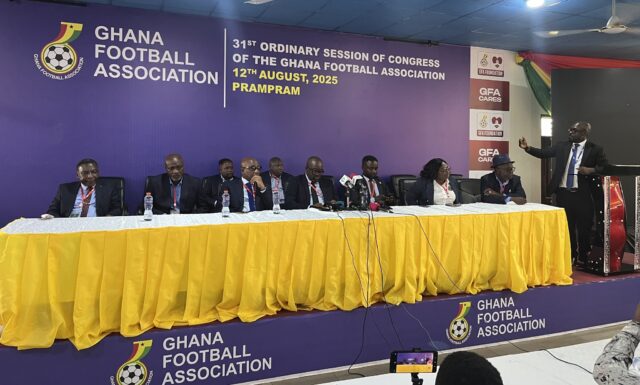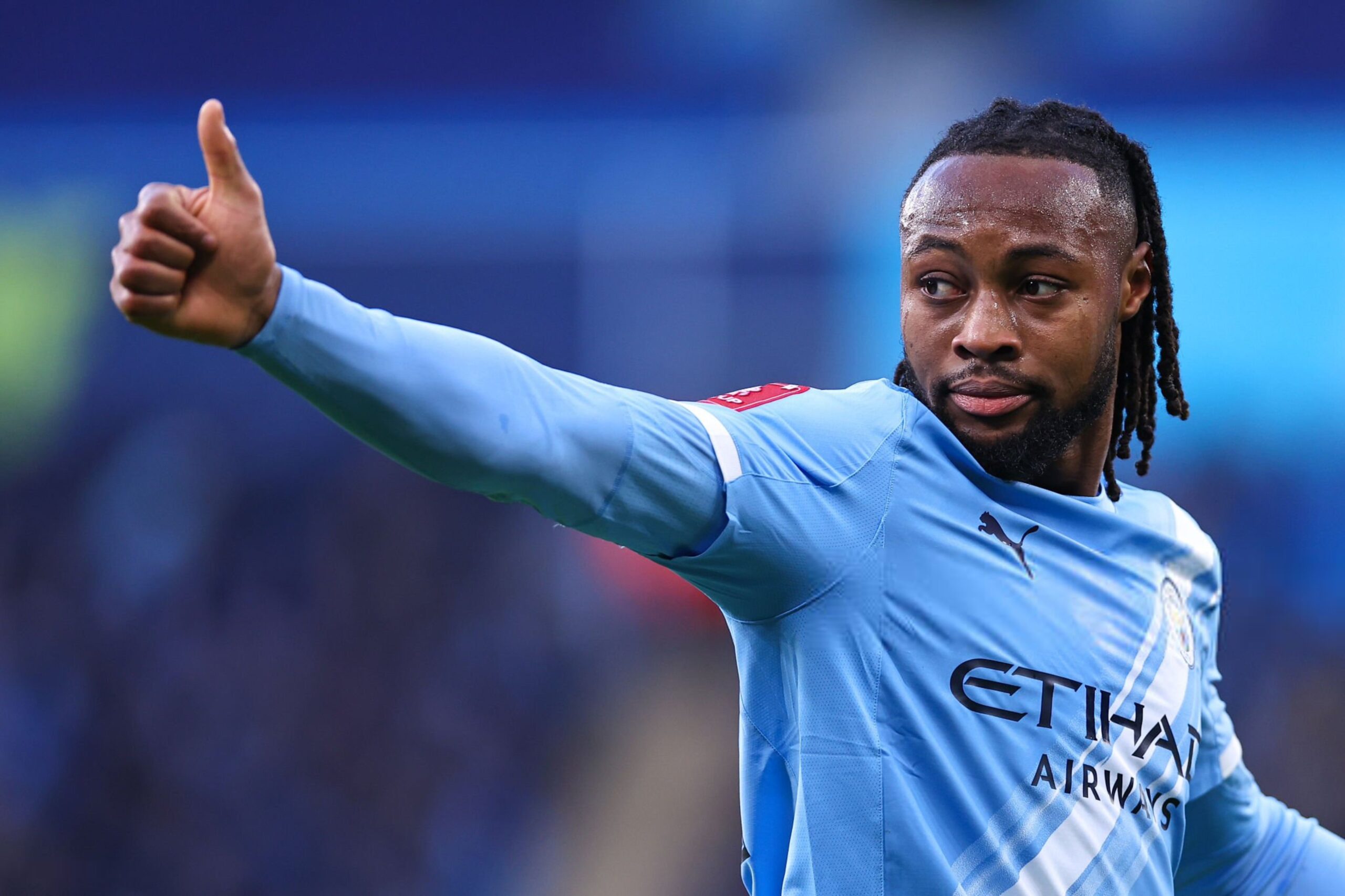The Ghana Football Association has voted to extend its presidential term limit from two to three terms, marking a major change in the country’s football governance. The decision, made at the 31st Ordinary Congress in Prampram, now gives presidents and executives the chance to serve for up to 12 years if re-elected.
Delegates from all 124 member bodies gathered on Tuesday, August 12, 2025, for one of the most pivotal congresses in recent GFA history. With 114 votes in favour, three abstentions, and just six against, the motion to amend Article 37.4 passed with overwhelming support.
The change means a GFA president, vice presidents, and Executive Council members can now hold office for three four-year terms. This shift mirrors FIFA and CAF statutes, which have long permitted similar governance cycles.
GFA General Secretary Prosper Harrison Addo told delegates the amendment was necessary to bring Ghana’s football leadership in line with international best practices. “We agree with the proposal, but we highly recommend aligning it with the FIFA model,” he said while outlining the draft changes.
Under the revised rule, an official’s mandate begins immediately after the congress that elects them and ends at the congress that elects their successor. No president may serve more than three terms, consecutive or otherwise the same applies to other council members.
Supporters of the reform argue that longer terms will promote stability and allow leadership to carry out long-term development plans without constant electoral disruption. Critics, however, worry it could concentrate power for too long in the hands of a few individuals.
The change could directly impact current GFA President Kurt Okraku. Now in his second term, with two years left, Okraku could potentially run again in 2027 for a final four-year stint.
This congress was not only about constitutional reform. Delegates also reviewed the previous year’s activities, presented financial reports, and set strategic goals for the new season. But it was the term-limit vote that stole the headlines, a move many see as reshaping the future of football administration in Ghana.







